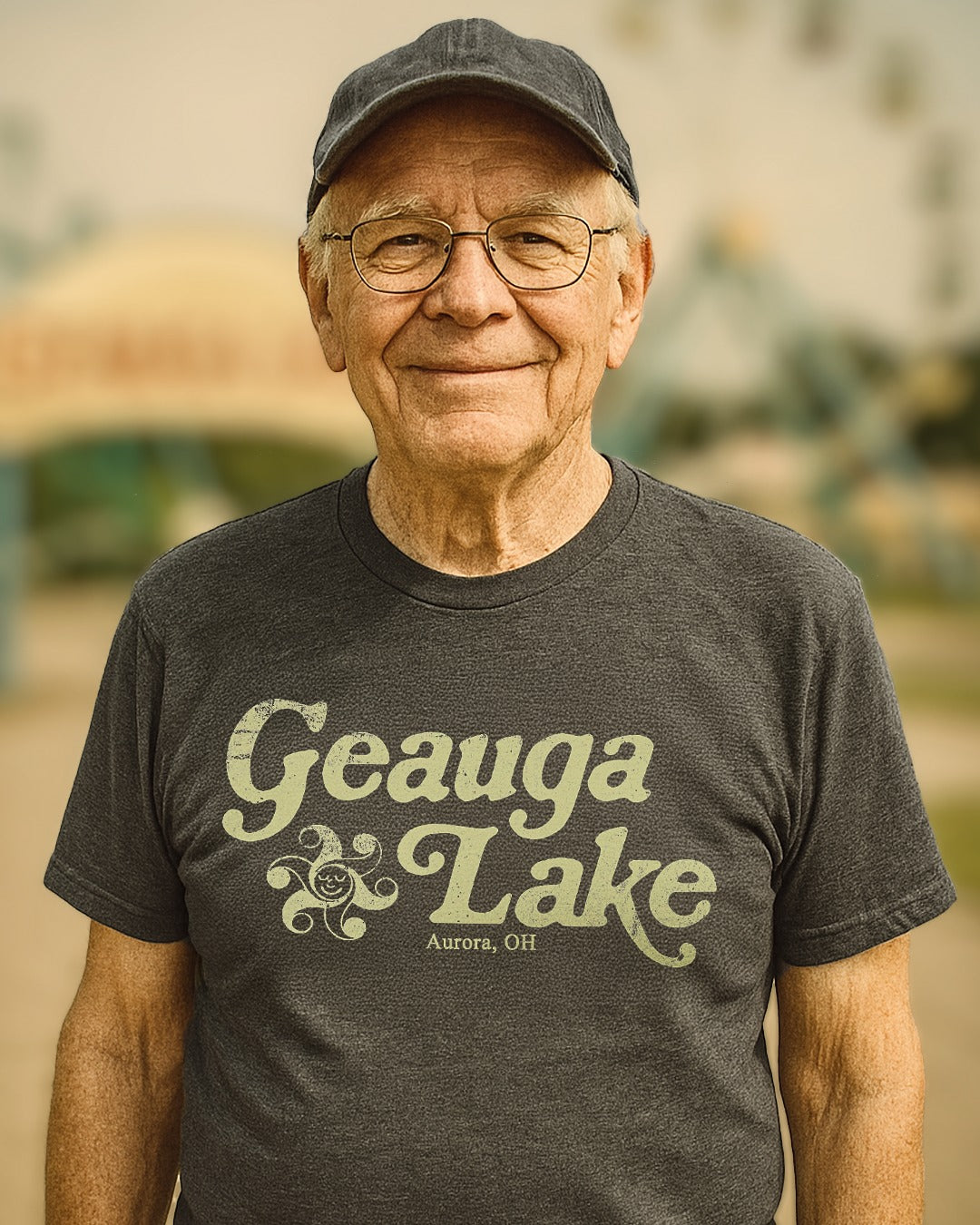Founded in 1968, the Pottstown Firebirds (also known as the Pennsylvania Firebirds in their final season) came into existence at a time when minor league football was enjoying some measure of popularity in North America, particularly in the Midwest and Atlantic states. Members of the Atlantic Coast Football League, the Firebirds were owned by underwear magnate Ed Gruber.
The team became a farm club of the Philadelphia Eagles of the National Football League (NFL) and played its home games at Pottstown High School’s Grigg Memorial stadium. The roster, like that of a minor league team in any sport, was a mixture of players at the end of their careers, a few who still hoped to move up, and those who just wanted to play the game and had no real prospect of playing in the National or American Football Leagues.
The driven head coach
The team’s head coach was a man named Dave DiFilippo who had played five games for the Philadelphia Eagles in 1941 as a guard. As head coach of the Firebirds, he had hopes of moving up and coaching at a higher level, either the NFL or Canadaina Football League (CFL). In the NFL Films documentary, Pro Football, Pottstown, Pa., which chronicled the team’s 1970 championship 1970, DiFilippo talks about his desire to not only win the league title, but to go undefeated as well. “We can go all the way,” he states. “It’s never been done in the history of professional football. No one has done it, and I want to go there. To go undefeated and be the first ones to do it; I want a piece of that action.”
The Firebirds had won the league title a year earlier, but DiFilippo wasn’t satisfied. What he didn’t realize, though, was that it had been done before in professional football-- twice. First by the 1937 Los Angeles Bulldogs of the (second) Amercian Football League and then in 1948 by the Cleveland Browns of the All-America Football Conference.
The odd cast of characters
On the field, the Firebirds were led by quarterback Jim “King” Corcoran who had played college football at Maryland before landing on the roster of the Denver Broncos as an undrafted free agent in 1966. His only NFL action came with the Boston Patriots during the 1968 season in which he appeared in two games. An adequate signal caller, his off-field antics and larger-than-life personality (he used to congratulate himself out loud after throwing a touchdown pass, dressed flamboyantly, and was a bit of a womanizer), likely kept him from returning to the NFL.
Another notable player was Bill Stetz who had spent some time with both the New Orleans Saints and Philadelphia Eagles. Stetz wore his hair long, unheard of at the time for a pro athlete, and lived on a commune outside of Pottstown. He also made jewelry in his spare time. However, he was a ferocious football player.
Running back John Land was another talented player who spent most of his career in the minors before becoming a businessman and, eventually, a successful energy company executive.
A path to the NFL
A player that did move up to the NFL was wide receiver Jack Dolbin. After the Firebirds folded, he continued his minor league career before catching on, as it were, with the Chicago Fire of the World Football League (WFL) in 1974. Before that league collapsed, he jumped to the NFL’s Denver Broncos where he spent five seasons and played in Super Bowl XII.
On the Firebirds coaching staff was offensive coordinator Ron Waller, a former player for the Los Angeles Rams and San Diego Chargers, who would go on to coach the latter, as well as the Philadelphia Bell of the WFL.
A perfect season within reach
The Firebirds’ perfect 1970 season was ruined by the Norfolk Neptunes in the second-to-last game of the regular season. They lost 22 to 7 but bounced back the following week to defeat the Richmond Saints 18 to 0.
That was followed by the championship game against the Knights in a snowstorm at Hartford’s Dillon Stadium. Even with the challenging conditions, the result was almost identical to the previous year’s championship contest between those same two teams; a shutout by the Firebirds, this time 31 to 0.
The end of the Firebirds
In 1971, Gruber tried to sell the team to a group in Hershey, Pa., but the deal fell through. Insead, he bought the Norfolks Neptunes, who were a success on the field and at the gate (they regularly drew over 10,000 fans a game), and merged them with the Firebirds, opting to keep the combined team in Virginia under the Neptunes’ name.
Corcoran was in the Philadelphia Eagles training camp in 1971 but was part of the final roster cuts and didn’t make the team. He wound up with the Neptunes back in the ACFL that fall. The following year he tried out for the Candian Football League’s Montreal Alouettes but left when he was named the third-string quarterback. He then went to the Chambersburg Cardinals of the Seaboard Football League before becoming the starting quarterback of the Philadlphia Bell of the WFL in 1974. There he joined his former Firebirds teammate John Land. Both left football after the WFL folded in 1975.



